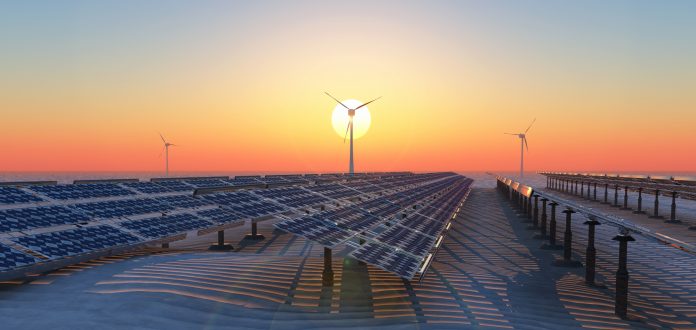The European Union is to invest around €1.1 billion to numerous innovative projects under the Innovation Fund, as an endeavour towards reaching net-zero emissions
Investing in seven innovative projects, the grants are to support the projects to bring new technologies to the market in energy-intensive industries such as hydrogen, carbon capture, and renewable energy.
Located in Belgium, Italy, Finland, France, the Netherlands, Norway, Spain and Sweden, the projects were selected for funding under the first Innovation Fund call for large-scale projects – referring to projects with total capital costs above €7.5 million.
Evaluated by independent experts for their ability to reduce greenhouse gas emissions (GHG), these projects are then compared to former technologies and are selected based on their potential for scalability and cost-effectiveness.
“To innovate beyond the state-of-the-art while being sufficiently mature to enable quick deployment”
Covering a wide range of relevant decarbonisation sectors in Europe’s energy industry, such as chemicals, steel, cement, refineries, and power and heat. Either already part of kick-starter decarbonisation clusters of interconnected industries or industrial hubs.
What do the projects entail?
- Sweden’s Energy-intensive industries: This project aims to eliminate GHG emissions from steel production by using renewable hydrogen in Gällivare and Oxelösund. Another project in Sweden will create a full-scale bioenergy carbon capture and storage facility at its existing biomass combined heat and power plant in Stockholm.
- Finland will demonstrate two ways of producing clean hydrogen at a refinery in Porvoo, through renewable energy and by capturing CO2and permanently storing it in the North Sea.
- In France, a project will capture unavoidable emissions in a cement plant and in part store the CO2geologically in the North Sea and in part integrate it into concrete.
- A project in Belgium will develop a complete carbon capture, transport, and storage value chain in the Port of Antwerp to reduce the emissions in the production of hydrogen and chemicals.
- Italy will develop an industrial-scale pilot line for the manufacture of innovative and high-performance photovoltaic cells in Catania to create renewable energy.
- Spain will convert non-recyclable municipal solid waste in El Morell to methanol, a key basic chemical and low-carbon fuel.











